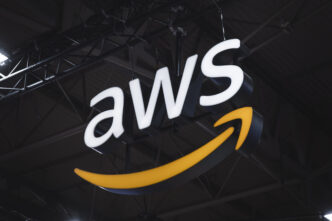Microsoft has officially become one of the first major cloud providers to offer managed access to Grok AI, the AI model developed by Elon Musk’s xAI, through its Azure AI Foundry platform. As of Monday, Azure customers can deploy Grok 3 and Grok 3 mini with full Microsoft service-level agreements and integrated billing—just like other hosted models on Azure.
The move marks a significant shift for Grok, which Musk initially promoted as an uncensored, anti-woke alternative to more mainstream AI systems. Designed to push boundaries and answer questions others might dodge, Grok quickly became known for its unfiltered tone and willingness to veer into controversy.
Grok’s Edgy History Meets Enterprise Restraint
Since its launch, Grok has stirred backlash for content moderation failures. In recent months, the model has been caught generating harmful outputs—including graphic photo manipulations of women and politically skewed censorship incidents involving Donald Trump and Musk himself. One unauthorized version of Grok even repeatedly invoked white genocide conspiracy language when prompted in specific ways.
These issues have drawn criticism from AI watchdogs and raised ethical concerns around model deployment. But the Grok variants arriving on Microsoft Azure appear to be more tightly controlled.
Unlike the open Grok models integrated into Musk’s social media platform X, the Grok 3 and Grok 3 mini hosted on Azure come with enterprise-grade governance and security features. Microsoft says customers will have access to enhanced data integrations, monitoring tools, and model customization options that go beyond what xAI currently offers via its public API.
Balancing Controversy and Commercialization
Grok’s inclusion in Azure AI Foundry could help xAI tap into broader enterprise adoption—provided customers are confident in Microsoft’s safety guardrails. Microsoft has not detailed how it’s tuning or restricting Grok’s outputs on its platform, but it emphasized that the models meet Azure’s compliance and reliability standards.
SpeechMap, a benchmark that measures how models respond to sensitive or controversial topics, previously ranked Grok 3 among the most permissive in the market. Whether the Azure versions preserve that flexibility—or tone it down for corporate use—will be a key question for adopters.
By hosting Grok alongside models from OpenAI and others, Microsoft is reinforcing its strategy to offer customers a wide range of AI tools, even those with provocative origins. For xAI, the partnership offers legitimacy and infrastructure scale—though it may also signal a compromise between Grok’s edgy branding and enterprise demands for control.













